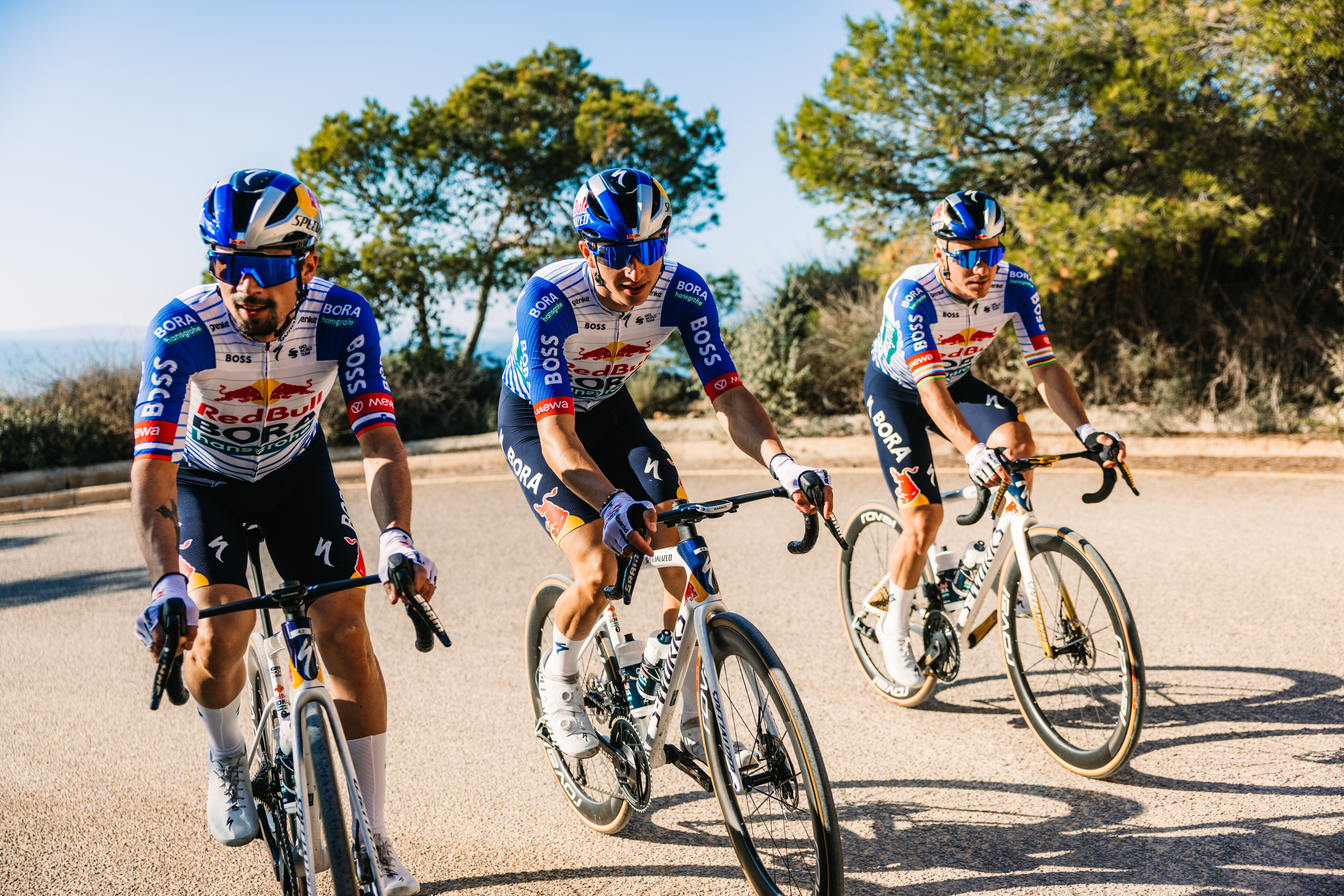Opinion: The Commercial Challenges for Pro Cycling
A short and long term perspective
The latest race content, interviews, features, reviews and expert buying guides, direct to your inbox!
You are now subscribed
Your newsletter sign-up was successful
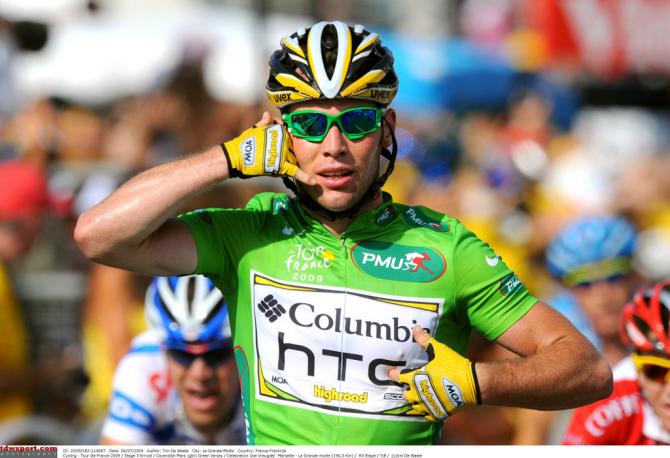
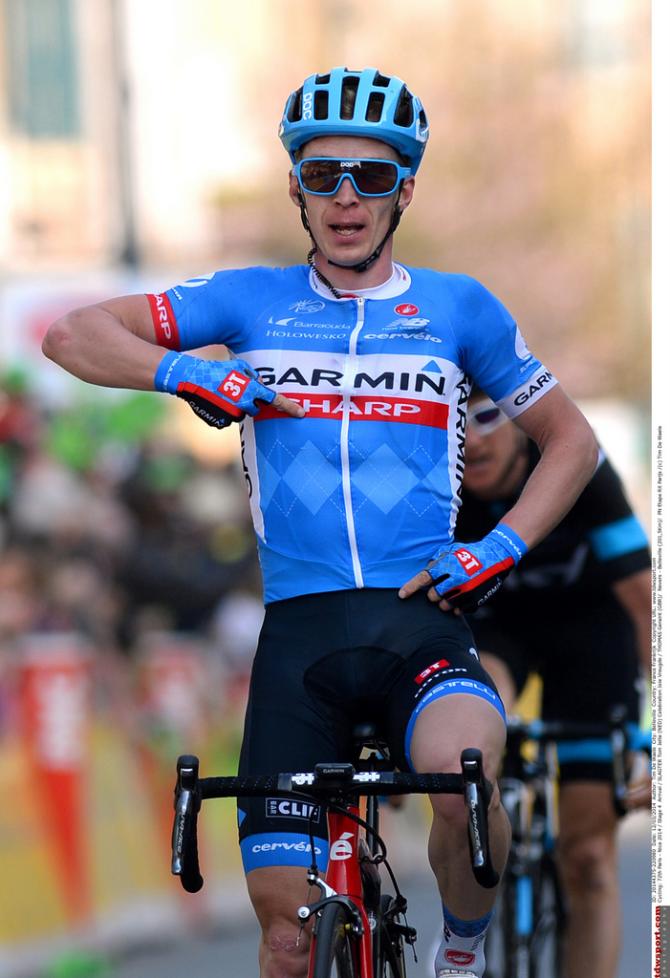
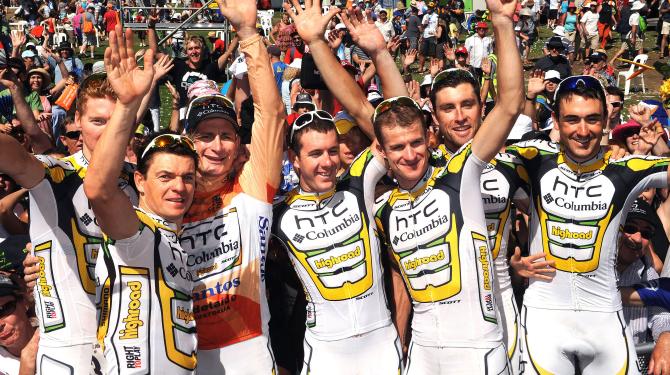
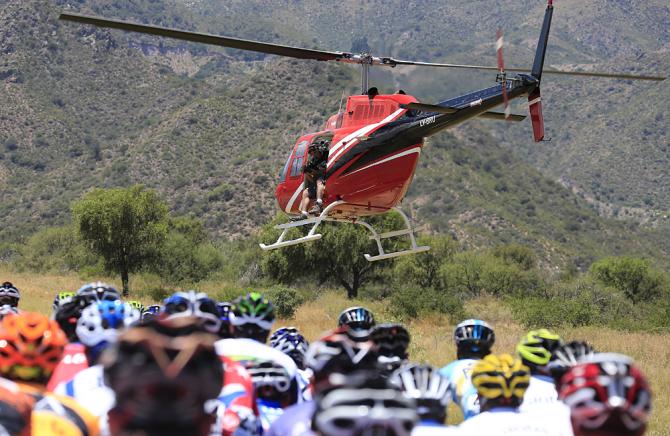

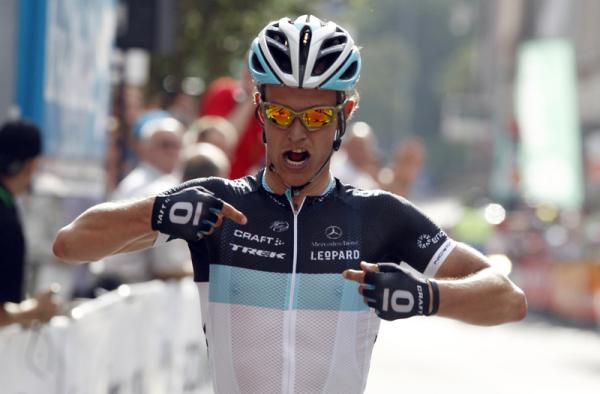
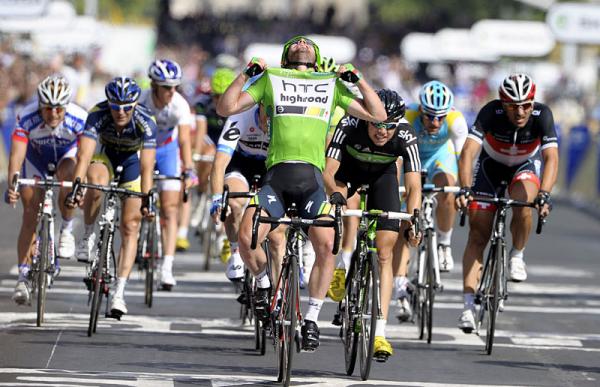
From a commercial perspective professional road cycling can be a contradiction in terms. Interest and participation levels are booming, but there is little evidence to suggest this is benefitting the sport at the highest level. From a commercial and marketing point of view Pro Cycling is failing badly. It needs to professionalise itself.
The evidence is damning. WorldTour teams remain reliant on sponsorship income. The event calendar lacks a narrative, remains congested and is fragmented. TV coverage is weak, sporadic and uneven in its global reach. In comparison to other major sports, Pro Cycling lacks some of the basic building blocks.
This isn't new news and it now seems a change of thinking is helping to create a new commercial vision for the sport. This is founded on a spirit of collaboration between governing bodies, event owners and teams; who believe that growing the size of the Pro Cycling pie, rather than their individual slices, will drive greater benefits all round.
This is typified by the Avignon Group, a cooperative of World Tour teams which aims to create new income streams to supplement their existing sponsor revenues. This project, still in its early stages, aims to extract income from TV rights and other commercial rights under its ownership. Such revenues could stem from on-bike camera feeds or from events that are owned/licenced to Avignon. In this respect Pro Cycling begins to look more commercially sustainable. If the Avignon Project can harmonise its objectives with the UCI and ASO then the sport has a rosier future.
But if the Avignon vision allows us to see 'Z', it still seems we are back at 'A', following the collapse of the Vacansoleil and Euskatel Euskadi teams in 2013 and the recent sponsorship withdrawal of Belkin from the WorldTour. Pro Cycling faces a stiff headwind in the short-term, so how can it identify and overcome its difficulties?
A Short Term View
Financial fair play is a hot topic in soccer right now and this reasoning should extend to Pro Cycling. The gulf in operating budgets between teams should be a significant concern; it stretches the sponsorship model of cycling and creates an uneven playing field. For instance, why should teams with smaller budgets be vulnerable to losing marquee talent to bigger teams budgets, with little or no financial compensation? This situation is compounded when teams with budget deficits (or without a sponsor for the following season) are unable to guarantee talent to prospective sponsors. This is a crazy situation but one the UCI is ideally positioned to intervene and regulate. Common sense thinking would point towards:
The latest race content, interviews, features, reviews and expert buying guides, direct to your inbox!
• Placing a ceiling on operating budgets: Limiting the finance gap between teams would make sponsorship entry costs less financially prohibitive and provide a more competitive field of teams and athletes.
A depth and breadth of competition is critical if Pro Cycling is to compete with other sports on the global stage. In this respect, these two basic measures should help to stabilise the market and create a better sporting product.
A better sporting product also means better measurement and evaluation. Pro Cycling doesn't understand enough about itself when facing a CEO, CMO and CFO type audiences — the people who sign the sponsor cheques. Cross industry research is patchy and little is done to provide comparative measures to the other sports that it competes against for sponsorship income. For instance:
• Qualitative Research: Articulating the consumer appeal (brand health) of Pro Cycling compared to other sports? e.g. Sporting Values, Participation, Governance, Personality, Image.
The UCI and Avignon Group are ideally placed to support this industry challenge, by consolidating data and making it available to stakeholder audiences. All research won't be positive, but this will help the sport to identify where it needs to improve.
Finally, cycling achieves little with TV coverage; compared to other sports. This is a strange state of affairs for a sport being driven by technology and appreciated by a tech savvy audience. Yes — improvements are being made with the trialling of on-board cameras but progress in general has been tectonic like (Hawk-Eye was introduced to cricket in 2001) and basic insights are missing. Key ingredients being:
• Data - can be aggregated to provide insight and truly bring sport into the living room. Key areas missing from cycling TV coverage being: Speed, Gradient, Power (Watts), On-board Cameras, Race Radio Feeds, In-Car Cameras, GPS information and Wind Direction. Yes — teams will be concerned about giving away sensitive information, but if same rules apply to all, what is the big deal? Providing power data, in particular, would be a huge leap forward and build trust between audiences, teams & athletes. The biggest stumbling block is who owns the rights? It would make sense for teams to provide this data for a % share of TV rights revenue.
Again the UCI is best placed to set criteria to event rights holders that aim to improve insight (via data) and deliver a greater consistency of presentation. TV coverage needs constructing with the end-user in mind; the general public who deserve a better deal. Better insight means: greater audience engagement, bigger audiences and more commercial interest in the sport.
A Medium to Long Term View
Television is a cornerstone of major sport and cycling is commercially under leveraged in this area. It also lessons the burden on sponsorship revenues. Historically, exposure (via Free-To-Air TV) has been vital to cycling event owners (to maximise sponsorship income) but very little of this revenue has been shared with the teams. In modern sport, this is counter intuitive thinking; events are key assets but so are the teams and athletes. In Pro Cycling the teams and athletes need to diversify their income, so how can TV help to evolve this?
Free-to-Air and Pay-TV are complimentary in other sports (e.g: Tennis, F1, Soccer) and this relationship can be optimised for cycling. ASO (owners of the Tour de France) and its deal with the European Broadcasting Union delivers incredible value for cycling, but thereafter the sport begins to struggle:
• Year round coverage is uneven (and dominated by the Tour de France)
• Industry marketing is weak
• TV production is patchy
• TV rights are diluted and income is insubstantial
• TV presentation is inconsistent by event and channel
TV rights valuations are boosted when a critical mass of exclusivity can be guaranteed to a broadcaster. This provides an investible asset: marketability, advertising sales revenues and subscription revenue (although the latter often restricts the sport's audience reach).
Pooling TV rights (excluding ASO properties) would help to create exclusivity and inflate the commercial value of Pro Cycling. In this scenario an organisation would:
• Buy events, license the commercial rights of existing events or create new events (which could include hosting fees from cities & regions)
• Respect the business model of ASO and its unique role in generating fans of road cycling and delivering huge audiences
• Negotiate TV rights centrally with broadcasters
• Work under the umbrella of the UCI World Tour
• Harmonise with plans for teams being relegated and promoted to the UCI World Tour
• Work to UCI event criteria
• Focus on the Pay-TV market
• Heavily market Pro Cycling
• Distribute income to teams and events, as shareholders.
This thinking is similar to some major sporting leagues, which work to a founding principle of financially redistributing generated income to its teams, who are considered shareholders. It also has similarities to the World Series of Cycling; but rather than being viewed as a breakaway project, this approach could add harmony between the UCI, ASO, other Event Owners and Teams.
Such an initiative would require significant up front investment — an amount the teams could not resource alone and most likely have to come from private equity or a Pay-TV broadcaster. But the foundation thinking could be there with the Avignon Group and broadcasters require investment options in a sports rights market that is suffering from high levels of inflation. Cycling TV revenues aren't likely to scratch the surface seen in Football (€1.25bn per season for domestic Premier League rights in the UK), but there is significant headroom if we consider global Tour de France TV rights revenues are rumoured to be under €50m per year.
Pooling event rights would also help to improve event sponsor revenues from attracting international brands, rather than the local brands that currently dominate events. Hopefully the financial and media community can identify such an investment opportunity and in doing so provide the commercial boost that Pro Cycling requires.
A final thought goes to the likes of HTC, Vaconsoleil and Euskatel Euskadi. When teams fold many jobs are lost — mostly behind the scenes. This should be an overriding consideration in any new financial construction of Pro Cycling.
Steve Beckett is former Head of Cycling at British Sky Broadcasting and founder of www.BikeBrands.cc, working with teams, sponsors, federations and governing bodies across cycling.
